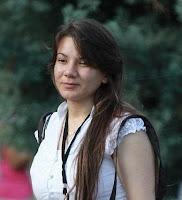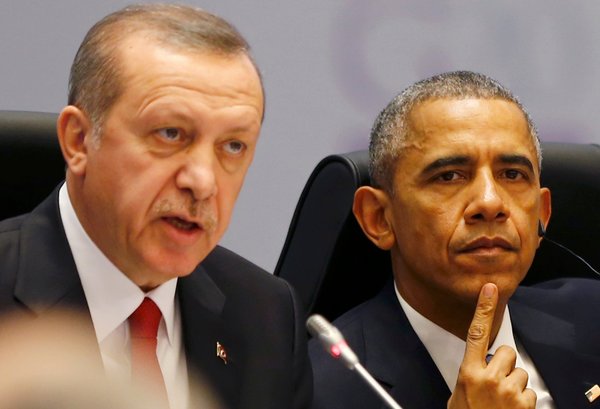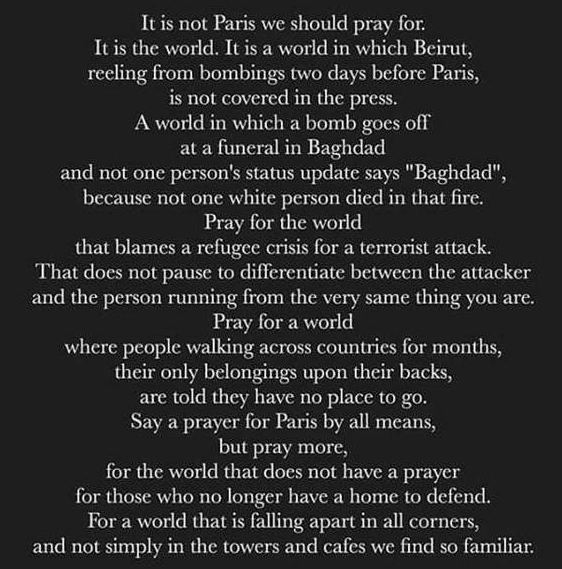 |
| [Source: Kevin Marks] |
Before you shop online this Monday, protect yourself:
- Take advantage of two-factor authentication when possible: Many platforms offer an additional layer of protection beyond username and password. If this is an option, take it. Amazon.com, for example, will now text users a code that needs to be entered before logging in. To set this up, click on “Your Account”, “Change Account Settings” and finally “Advanced Security Settings”; your stored personal and credit card information will thank you.
- Answer security questions with fake answers: What is your mother’s maiden name? What year did you graduate high school? What street did you grow up on? With Facebook, Google and a little ingenuity, it’s not hard for a hacker to find the actual answers to your security questions. Think differently: What was your first pet’s name? To get to the other side.
- Beware of pop ups and unsolicited emails: The approaching holiday season means that retailers are working hard to get you to buy now more than ever—and that hackers are creating malicious links they hope you will click on. (Typos and mismatched URLs are warning signs worth noting.) Yes, you will receive an onslaught of pop ups and emails, but you do not have to click on their links or attachments. If you see an offer you like, type the URL into your browser rather than use the link provided.
- Look for HTTPS and a padlock in your browser: HTTP is not enough if you are about to enter personal or credit card information. A secure site will begin with https://.
- Choose credit over debit: A hacker with your debit card information also has access to your bank account. Credit cards, alternatively, typically have protections against unwanted purchases built into their user agreements.
- Avoid QR codes: Those pixelated squares that can be scanned by your phone’s camera can also be infiltrated by hackers to redirect to a malicious website. QR codes are convenient, but not worth the risk involved.
- Use a VPN for an extra layer of protection: Hoping to do a little mobile shopping while waiting in line for coffee? Whether you’re at the mall, a coffee shop or the airport, public Wi-Fi is an insecure hacker haven. Be sure to login to a VPN to secure your connection and encrypt your traffic.
Want more tips to stay secure online? Read on!
Surf secure and stay
Rando!










